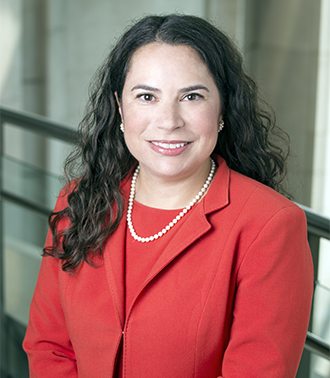Energy Policy, Climate and Foreign Policy Share Center Stage at Senate Hearing
On Thursday, March 3, members of the Senate Committee on Energy & Natural Resources grilled the Federal Energy Regulatory Commissioners about the agency’s recently announced updated guidance on pipeline approvals in a hearing that was studded with discussion of domestic and foreign energy policy and highlighted the vast divide in opinions on how best to move forward in the clean energy transition.
Chairman Joe Manchin (D-WV) kicked off the discussion, noting his support for the Ban Russian Energy Imports Act. Discussion of Russia’s invasion of Ukraine and the weaponization of energy ensued, with some senators taking the position that a build out of domestic delivery infrastructure would support not only domestic reliability but also lead to greater international supply stability, with less reliance on Russia and OPEC nations in both Europe and the US.
Spirited debate ensued about whether FERC’s proposal indicating that it would consider greenhouse gas emissions and mitigation of those impacts from a proposed project’s operation and construction, along with upstream and downstream impacts, was within the authority Congress granted the agency and whether the policy statement provided the industry with greater certainty that would foster needed infrastructure investment, or was sufficiently vague and cumbersome that it would thwart that investment.
Both Chairman Manchin and Ranking Member John Barrasso (R-WY) encouraged the agency to walk back the proposal in order to address identified concerns, even discussing the viability of use of the Congressional Review Act (CRA) to require change. On the other hand, Senator Catherine Cortez Masto (D-NV) noted it was not “unreasonable for this proposal to come forward” to both accommodate the recent court decisions that prompted FERC’s proposal and the need to reduce carbon emissions, but suggested there was room to “narrow” its application. But FERC’s majority stood pat and defended the proposal as implementing direction provided to the agency by the courts.
© Arnold & Porter Kaye Scholer LLP 2022 All Rights Reserved. This blog post is intended to be a general summary of the law and does not constitute legal advice. You should consult with counsel to determine applicable legal requirements in a specific fact situation.

